BLS Skills Examination Policies
EMR AND EMT EXAMINATIONS
EMR and EMT psychomotor examinations are not administered by the National Registry. All EMR and EMT psychomotor exams are administered by either the State EMS Office or at the training institution (with approval and oversight provided by the State EMS Office). Contact your instructor or State EMS Office about the format and logistics of completing a state-approved EMR and EMT psychomotor exam.

